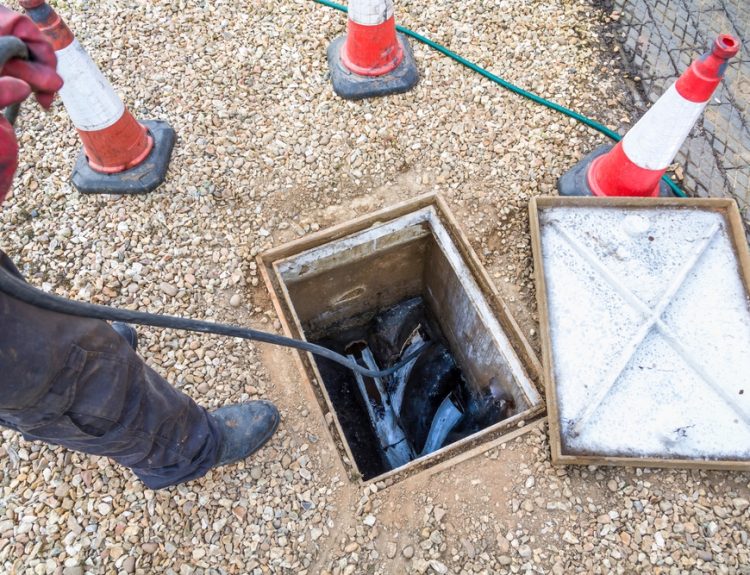Meta: The smartphone has had a major impact on the way we browse and interact with the internet. Find out more about how it has done so here!
The internet has not been around for that long in the grand scheme of things, but there have already been some major innovations in how we interact with it. One of the biggest by far is how we browse, thanks to the invention and development of the smartphone.
A Shift in Searches
If you wanted to access the internet, you used to have to go on a computer to do so reliably. People were able to access the web through their phones prior to the development of smartphones, but it was incredibly difficult to do so. Whether you are browsing on Apple or Android, there is no denying that the smartphone has made accessing the internet so much easier.
It is so much easier, in fact, that most of us do actually use our phones to browse the internet. Mobile and desktop used to be neck and neck, but mobile has recently just overtaken when it comes to Google searches. Many of us just find searching for things and browsing on our phones a bit easier than doing so on a desktop, that is a clear fact!
Sites Updating
To help accommodate for this change, many sites have also made sure to update their pages so that they are mobile-friendly and easy to browse. Older web pages are clunky and difficult to use on a mobile browser. Newer ones are far more responsive. You could be browsing at casino.netbet.co.uk, Netflix or any one of your favourite online fashion retailer, and you should be able to do so with ease.
One of the easiest ways to tell if a site is mobile-friendly is through some of the buttons used for links. They should be large and easy to press as they have been designed to be pushed by a finger. A mouse cursor can be a lot more precise, and links and buttons don’t have to be so careful. Throw in menus tucked away in sidebars, it is clear to see when a website has been designed to be used with a mobile.
Apps
While many still do browse the internet on their smartphone, there has also been a rise in app usage. Companies recognise that sometimes browsing isn’t always the best, even with a mobile-optimised site. Apps can help to fix this.
Many companies that do offer apps as part of their service will often try to direct traffic towards them instead of asking them to stay on the site. While you can do the latter if you prefer, most find a much better browsing experience on the apps.
There is no denying that the smartphone changed the way we interact with the internet. With more and more people using this device to access the internet, it is quickly becoming the norm for how we find out information or buy our favourite products online. What will the next big innovation in this area be? Only time will tell what could emerge next to change our world!
INSERT IMAGE: https://cdn.pixabay.com/photo/2016/12/09/11/33/smartphone-1894723_960_720.jpg (Image Source: Pixabay)







